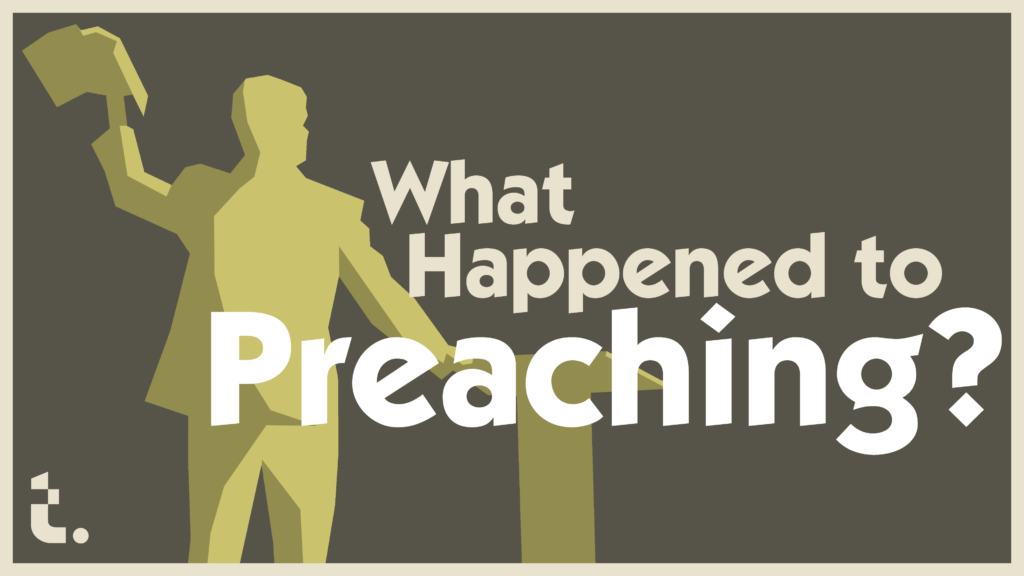
The guys continue the series on the means of grace by discussing preaching. What has happened to the preaching of the word of Christ? Jon and Justin begin by distinguishing preaching from teaching. Then, they consider the preaching event. It is an event. (Live streams and sermon audio is not preaching.) The guys conclude with a lengthy discussion on the content of preaching. Preaching is to extol and herald the person and work of Christ in the place of sinners, and preaching requires the right dividing of law and gospel.
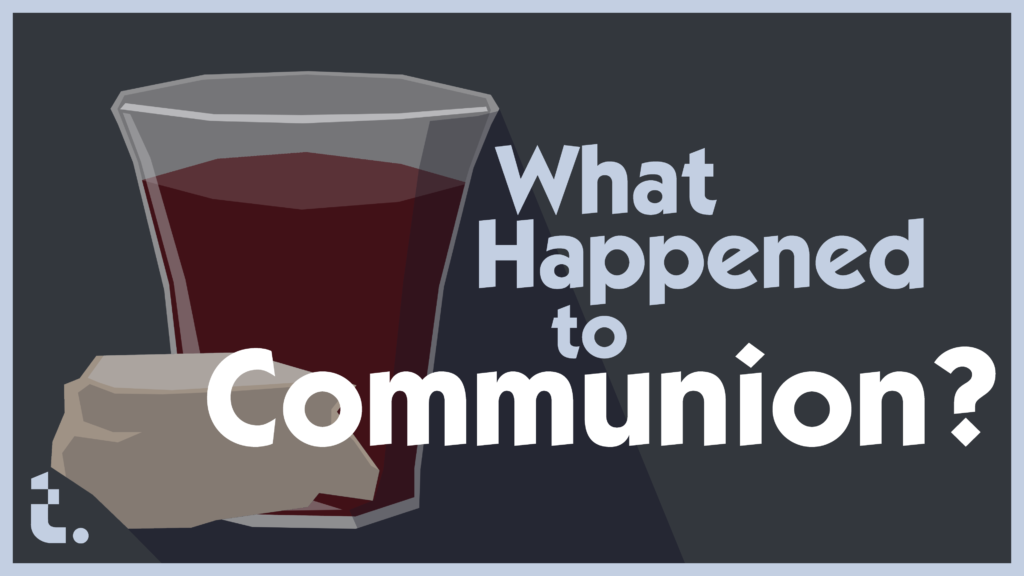
The sacrament of communion was given to us by God as a means of His grace. In the Lord’s Supper, Jesus is really and spiritually present to minister to us. We are confirmed in the faith and in all the benefits of Christ’s death. We are nourished, sustained, and strengthened through receiving the bread and the cup. In other words, the Table is for our assurance and for our growth in the faith. Sadly, this is not how communion is typically talked about in the church. What happened? Why is it not talked about this way? In today’s episode Jon and Justin have a theological, historical, and biblical conversation about communion as a means of grace.
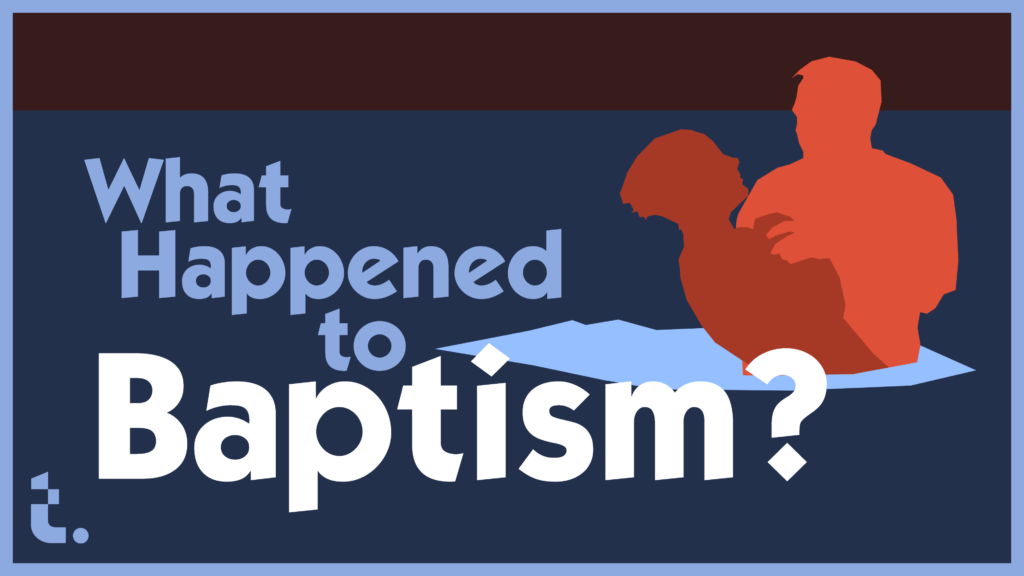
The sacrament of baptism was given to us by God as a means of His grace. Baptism is about our union with Christ. It is a sign of being grafted into him in his life, death, and resurrection. It is a sign of the remission of our sins. It is a sign of God’s promise to keep us unto salvation. Sadly, this is not how baptism is typically talked about in the church. What happened? Why is it not talked about this way? In today’s episode Jon and Justin have a theological, historical, and biblical conversation about baptism as a means of grace.

In today’s episode, the guys talk about God’s will. Many Christians agonize over the will of God for their lives. Is there a secret will of God that we are called to discern? Can we make decisions that put us outside the will of God? Has God spoken to what His will is for our lives? Jon and Justin consider these things and more.

The title for today’s episode comes from a 20th century hymn. That hymn is illustrative of the common mindset in the evangelical church–that the real stuff of the Christian life happens when we are alone. Is that what the New Testament teaches? How is it that we grow in the faith? How is it that we become mature in Christ? Jon and Justin consider these questions and discuss how the Christian life is inherently corporate, how devotion is church-shaped, and how the corporate realities of the gathered church drive our private lives.
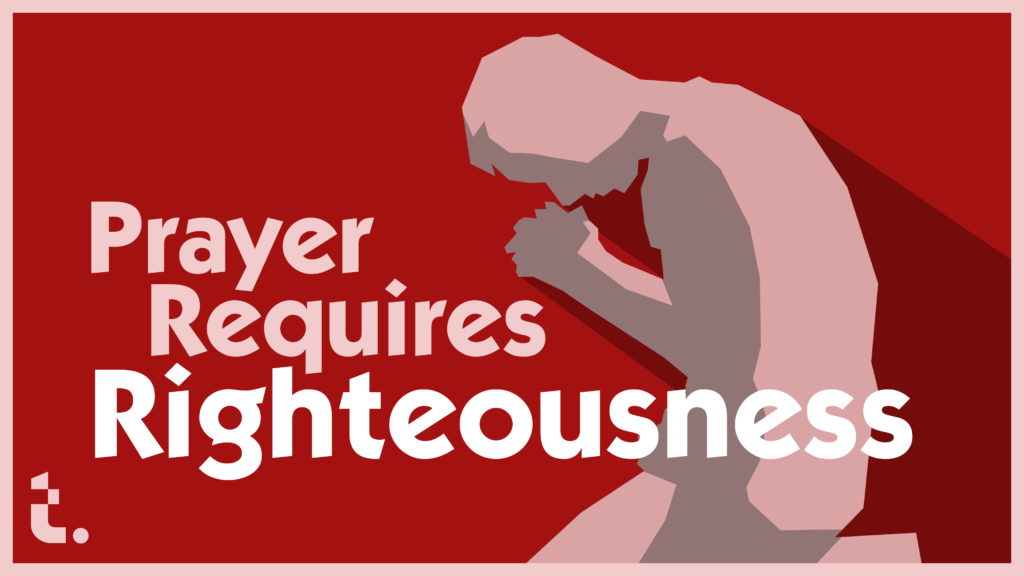
This is the second of at least two episodes from James 5. In James 5:16, the apostle writes that the prayer of a righteous person is effective. This raises the question: is righteousness required for prayer? If so, what kind of righteousness is James talking about? He gives the example of Elijah and how effective his prayers were. How are we to understand that? Jon and Justin discuss all of this–and more in today’s podcast.
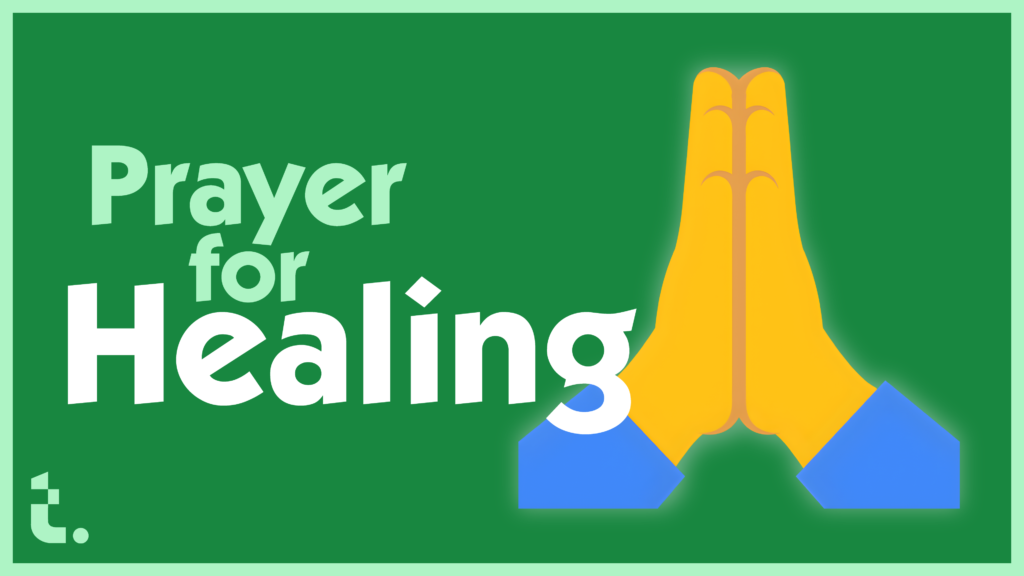
This is the first of at least two episodes from James 5. In James 5:14, the apostle writes that if a person is sick he should have the elders of the church anoint him and pray for him. Then he says that the prayer of faith will save the one who is sick, and the Lord will raise him up. How are we to understand this? What kind of healing is in view? What is the prayer of faith? Jon and Justin consider these questions and more.

Edit
In the church, we can struggle to rightly understand and apply the grace of God in Christ. We know we need grace on the front end of salvation, but then, once in, we flip to an economy of merit. And now, we’re just collecting stars and earning cookies. It is as though we think that through our working we can retroactively vindicate God’s saving of us and turn ourselves into the kind of people God would’ve been happy to save in the first place. In this episode, Jon and Justin talk about how the Christian life is a project of self-validation for many.
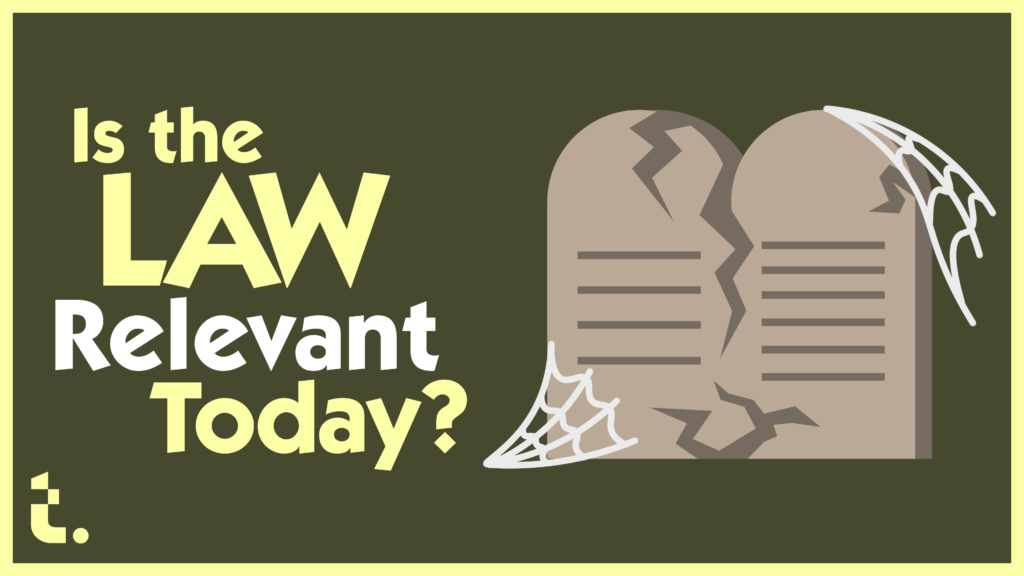
In this third of three episodes on God’s law, Jon and Justin talk about the threefold division of the law. This conversation is important for anyone who has ever wondered what to make of all the laws God gave to Israel in the Old Testament. What is binding for us today? What is not? What do some of these obscure sounding commands have to do with us in the new covenant era? In short, the confessional, Reformed understanding of the threefold division of the moral, ceremonial, and judicial law is very helpful for our understanding.
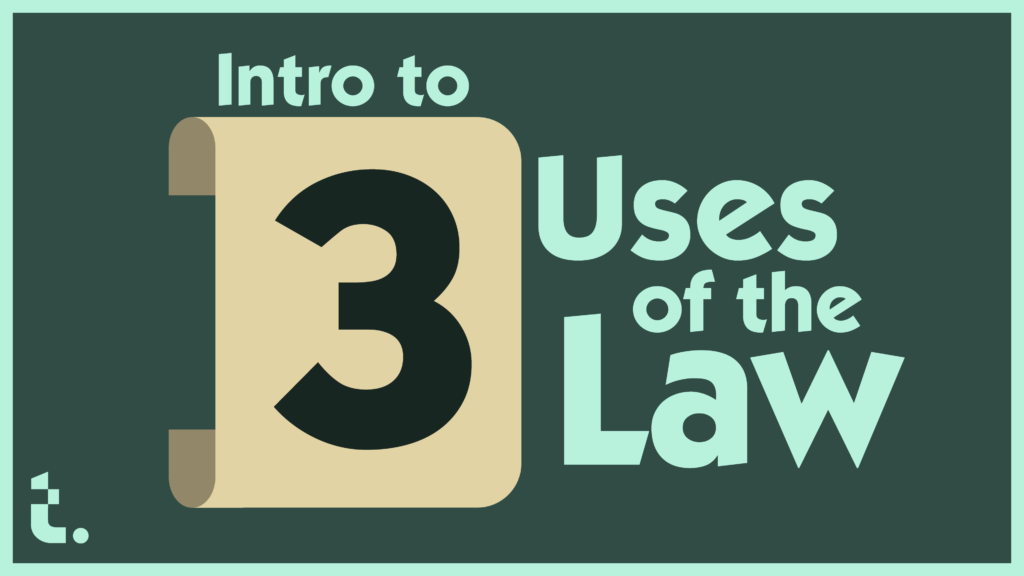
In this second of three episodes on God’s law, Jon and Justin talk about the three uses of the law. In considering the three uses of the law, we are essentially answering the question, “Why did God give the law?” The first use of the law is to show us our sin and drive us to Christ. The second use is to teach all men right and wrong–and to restrain our corruption. The third use is to serve as the guide for our living in Christ. Without these uses in view, we are prone to make all kinds of errors in our application and understanding of God’s law.
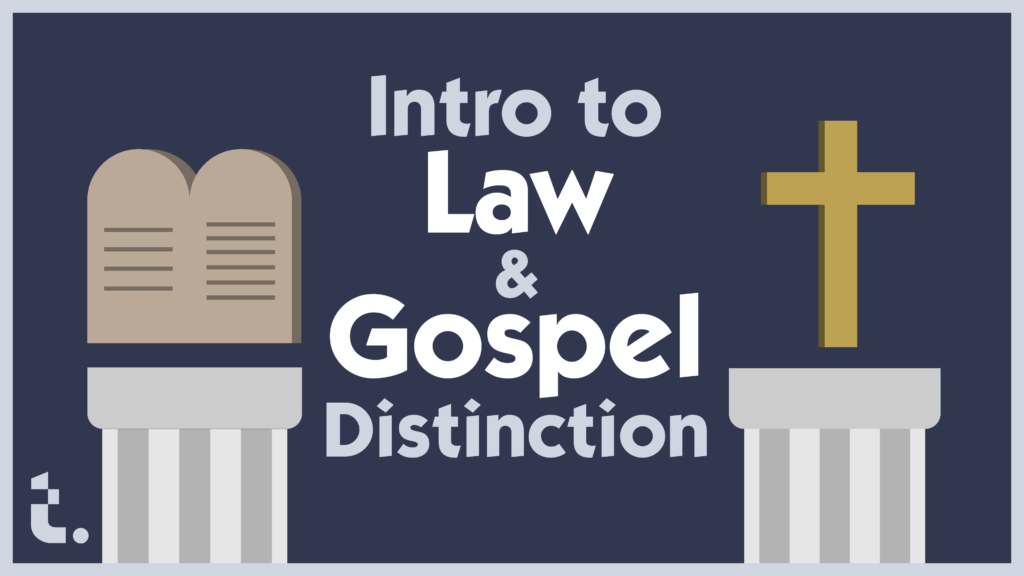
In this first of three episodes on God’s law, Jon and Justin talk about the distinction between the law and the gospel. The law and the gospel are both contained in the Old and New Testaments, respectively. The law and the gospel are distinct and ought not be mixed–and, yet, they are complementary in God’s economy of salvation. The guys introduce the listener to this historically Reformed doctrine and consider why it is so important.
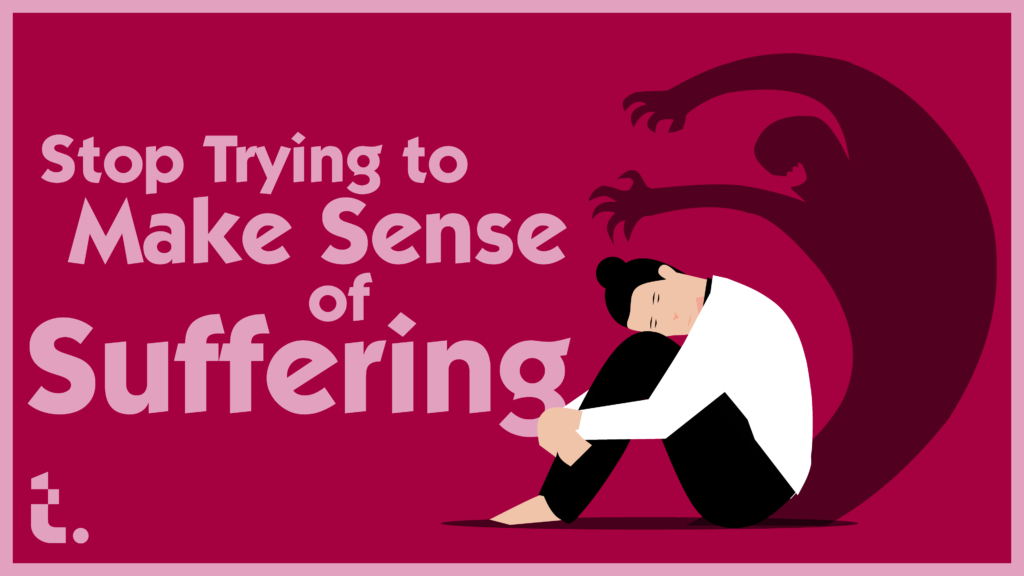
Often in the church, we try to figure out exactly what God is doing when we are going through difficult things. Simply put, we shouldn’t do that. The secret things belong to the Lord, and we are not privy to the counsel of God when it comes to our suffering. In today’s episode, Jon and Justin aim to point out things that God has clearly revealed and promised to us in his Word. We do have an unshakable hope in the Lord Jesus Christ, and this is what we cling to–in the midst of joy or pain.
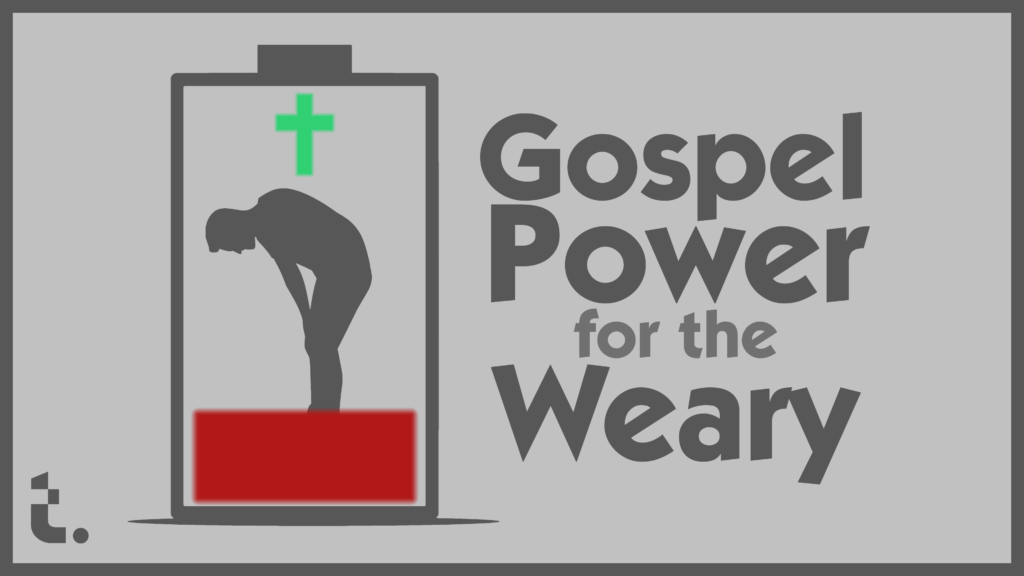
In today’s episode, Jon and Justin aim to have a pastoral conversation with two groups of people in view. First, those who are beat down and weary, who are seeking to find rest. And second, those who have found rest in Christ but still wrestle with what that rest means for their Christian lives. Where does the power for sanctification come from? What do we do now that we know Christ has done everything for our salvation?

In this episode, Jon and Justin discuss a message recently given by John Piper on Christ’s death and the holiness of the believer. The guys interact with clips from the message and seek to consider it from a biblical, confessional, and Reformed perspective. At Theocast, we are in complete agreement that Christ’s work has secured the holiness of the saints. Significant things to consider along these lines are: union with Christ; the active obedience of Christ; the relationship of justification and sanctification; and the proper way to preach the law and the gospel.
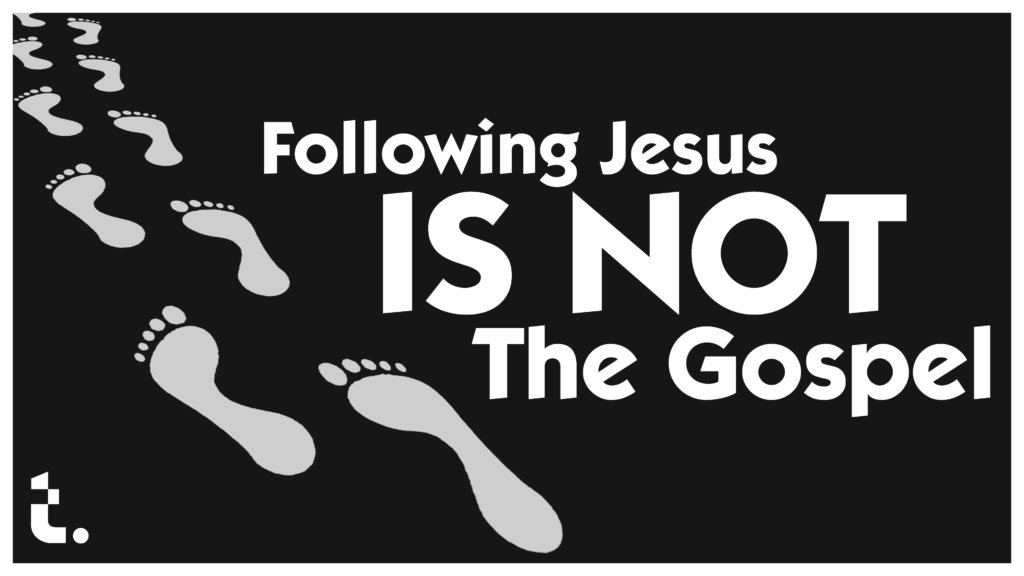
Following Jesus is not the gospel. There are a number of things that are fruits of regeneration and fruits of the gospel that are not the gospel. Biblically speaking, the gospel has nothing to do with us whatsoever. The gospel is completely about the person and work of Jesus Christ, our substitute and mediator. Jon and Justin talk about fruit of the gospel, the order of salvation, and justification from a confessional, reformed perspective.
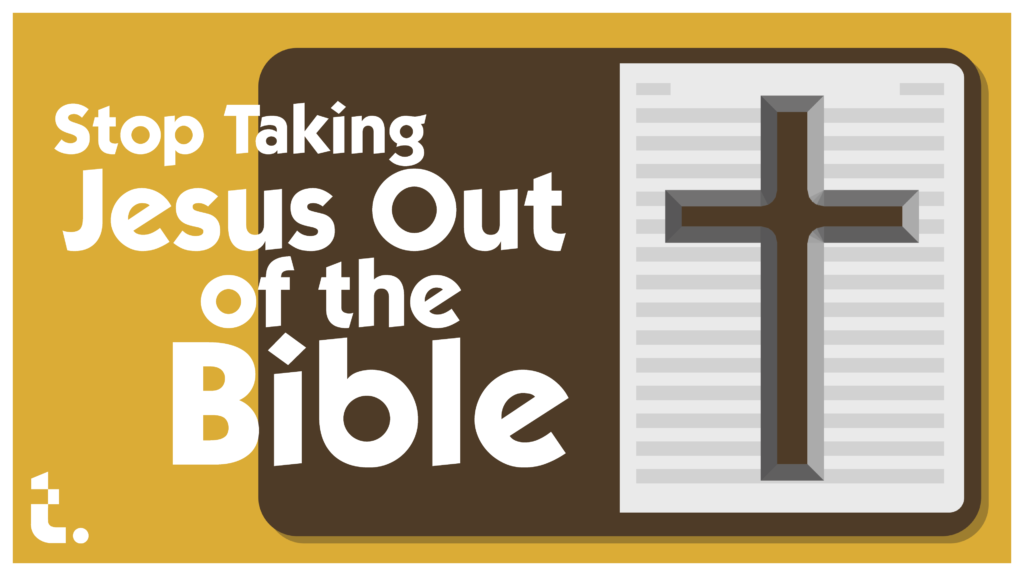
We believe that all of the Bible–from Genesis to Revelation–is a testimony about Jesus. We believe there is law and gospel in the Old and New Testaments. These convictions are historical, confessional, Reformed convictions. Yet, many in our day get very nervous about seeing Christ in all of the Bible and of understanding the Scriptures in terms of law and gospel. Our fear is that, at the end of it, well-meaning people discourage the saints from seeing Christ for them in all of the Scriptures. Jon and Justin talk about this on today’s episode.

We are often made to think that the Christian life is one where we move from triumph to triumph–and from spiritual experience to spiritual experience. But that is not reality. It is not the promise of the Scripture. This side of the resurrection, we are learning to trust Christ in the midst of weakness and the battle against the flesh. We are learning to depend more upon grace. It is not a bad thing for us to come to a place where we know Christ is all we have. The guys consider all of this in today’s episode.

Jon and Justin talk about the start of a new network of confessional Baptist churches, called the Grace Reformed Network. The guys explain the need for the network, as well as the theological positions of the network.

Jon and Justin seek to answer the question, “What must I do to be saved?” This is a question that was posed to Jesus at numerous points. The apostles also addressed this question repeatedly. The guys consider two parables from the Lord Jesus: the Good Samaritan and the Rich Young Man; and also a passage from the apostle Paul: Romans 2:6-13. Reformed categories of law and gospel are essential if we are going to rightly understand these passages.
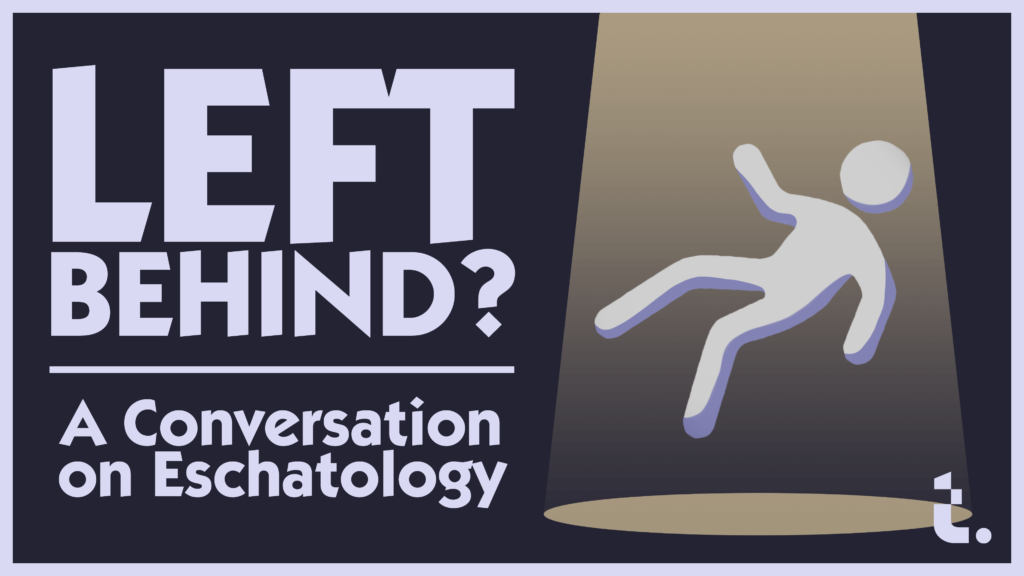
Jon and Justin have a discussion on views of eschatology and how it has affected modern biblical interpretation. Do historical Dispensational views contradict the clear teaching of Scripture on the atoning work of Christ? Is one’s view on eschatology a measure of orthodoxy? Should our views of eschatology drive the rest of our theology, or is it the other way around?






















